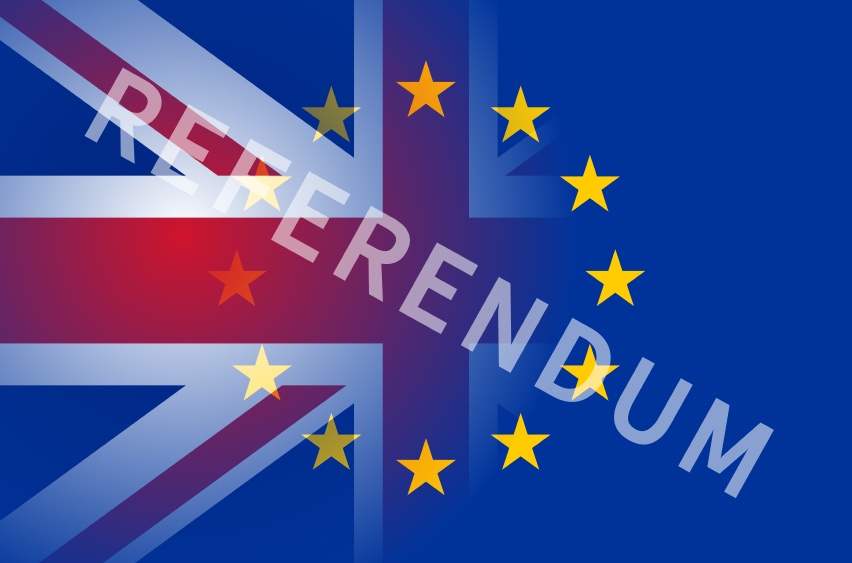Home » Uncategorised »
UK House Prices Up by 1751% Since the Last European Referendum
This article is an external press release originally published on the Landlord News website, which has now been migrated to the Just Landlords blog.

In 1975, Britain decided to remain in Europe after the UK’s first ever European referendum. On 23rd June, the country will vote again on whether we should stay in the EU. So how have house prices changed since the first vote?

UK House Prices Up by 1751% Since the Last European Referendum
Since the second quarter (Q2) of 1975, just 30 out of 164 quarters have recorded decreases in house price growth, according to property crowdfunding platform Property Partner.
The firm has found that house prices in the UK have gone up more than 18-fold, 1751%, since the last time Britons were asked whether we should stay in or out of Europe.
Compared to other investments, residential property has surpassed all other asset classes over the same period, including stocks and shares – up by 9.5 times since 1975 – and gold – up by 12 times.
Unsurprisingly, property prices in London have soared the most, increasing by 3200% – almost double the annual UK average – since Q2 1975.
Currently, with just over two months to go until the second European referendum, the average UK house price is now £198,564. Back in June 1975, homebuyers were faced with paying £10,728 for a property. In real terms today (taking inflation into account), this would be just £99,949.
Property Partner has analysed quarterly house price data dating back to just before the referendum in June 1975. Out of the 164 quarters since then, just 30 (18.3%) have seen decreases in house prices. From Q2 1990 to Q3 1993, there were 14 consecutive quarters of negative growth – the longest stretch in the last 40 years.
Just before the last European referendum, quarterly price growth slowed significantly to 7%, a year after reaching 18.2%, and two-and-a-half years after recording the highest ever quarterly house price growth of 42%. Average price growth didn’t fall as low as 7% again until Q4 1980 – more than five years after the referendum.
Change in house prices since the last European referendum
[table id=7 /]The CEO of Property Partner, Dan Gandesha, comments: “With all the nervousness and uncertainty around whether Britain is going to stay in or out, our research shows that although average house prices softened in the run up to the last referendum in 1975, they have risen a staggering 18-fold since, leaving all other asset classes in the shade.
“There is never any guarantee that prices will continue to rise, but even taking into account factors which may put a brake on growth, such as the recent 3% Stamp Duty hike on second homes and buy-to-lets, if the past is any indication, property will remain a strong long-term investment. London in particular has been consistently the star performer, although the capital has been transformed in the past four decades, attracting huge inward investment. Whatever the result on June 23rd, London will remain a truly global city.”1
A recent report from the Royal Institution of Chartered Surveyors indicates that house prices and sales will fall ahead of the EU referendum.
1 http://www.propertyreporter.co.uk/property/how-much-have-house-prices-risen-since-the-last-european-referendum.html




